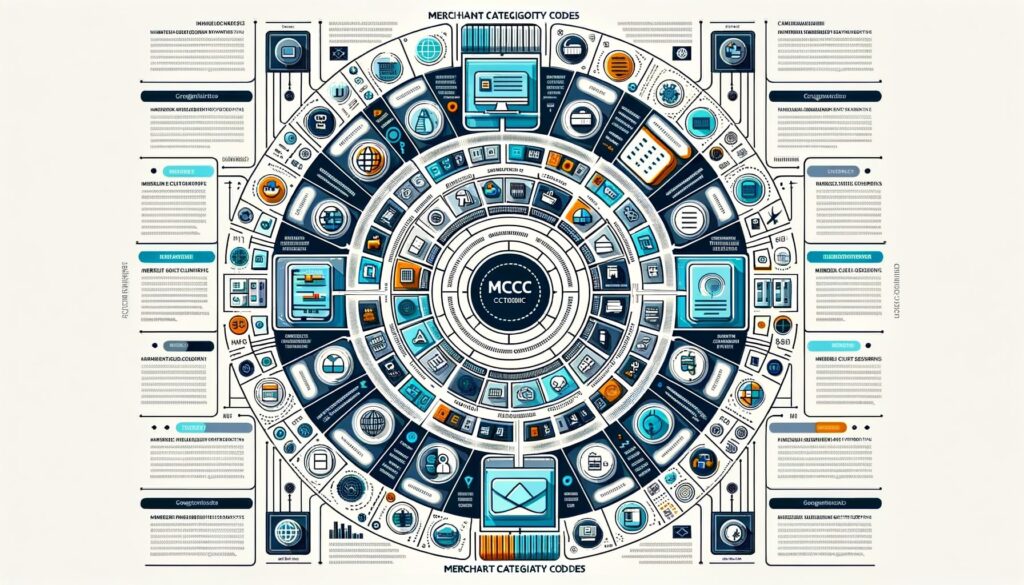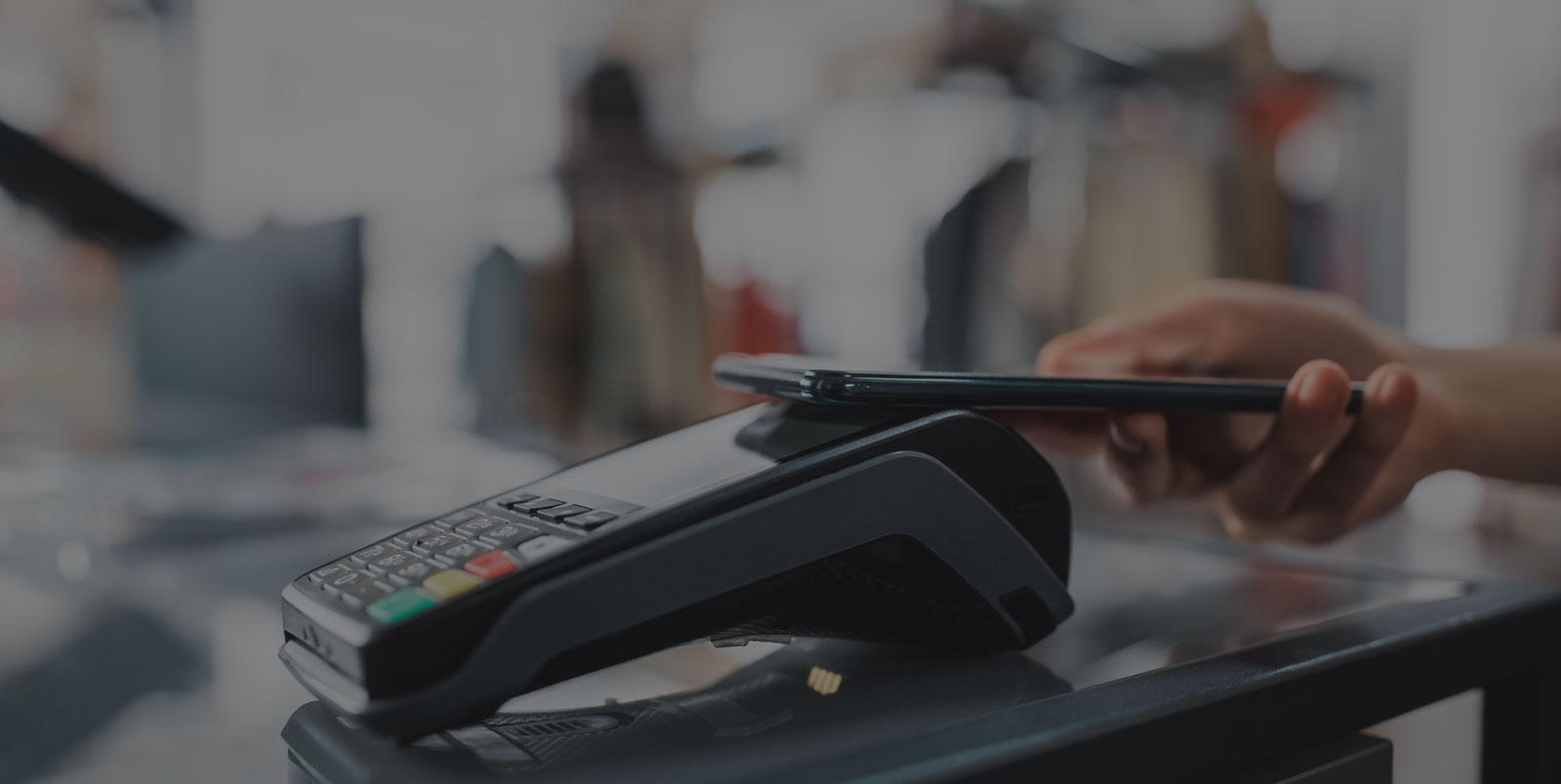
By admin October 14, 2024
In the CBD industry, navigating payment processing can be challenging due to the legal gray areas surrounding the product. One key element for CBD businesses to focus on is understanding and using the correct Merchant Category Codes (MCCs) when setting up payment processing systems. Merchant Category Codes (MCCs) are four-digit numbers assigned by credit card networks like Visa and MasterCard to classify businesses by the types of goods and services they provide.
Using the wrong MCC can result in transaction declines, higher fees, and even account termination, especially for CBD businesses, which are often classified as high-risk. This article delves into the specifics of MCCs for CBD oil businesses, why they are critical, the challenges CBD businesses face when selecting the correct MCC, and how to ensure compliance.
By the end of this guide, you will understand how to properly categorize your CBD oil business and avoid unnecessary payment processing complications.
What Are Merchant Category Codes (MCCs)?

Merchant Category Codes (MCCs) are four-digit numerical codes used by credit card processors to identify the type of business you operate and the industry you belong to. They are mainly used for taxation, compliance, and reporting purposes. Credit card companies and banks use these codes to categorize businesses based on the goods or services they provide, which in turn helps determine fee structures, risk levels, and more.
For instance, a grocery store would be classified under a specific MCC, while a restaurant or a hardware store would each have their own unique codes. When a business applies for a merchant account, the payment processor assigns an MCC to that business, which helps ensure transactions are processed according to industry-specific rules.
Why MCCs Matter for CBD Oil Businesses

For CBD oil businesses, getting the correct MCC is particularly important. The CBD industry is considered high-risk by financial institutions and payment processors due to the regulatory complexities and legal restrictions associated with cannabis-derived products. Having the wrong MCC can expose your business to higher processing fees, declined transactions, or even account suspension.
Here’s why selecting the correct MCC is crucial for CBD oil businesses:
- Risk Classification: Since CBD products are often categorized as high-risk, assigning the correct MCC helps payment processors understand the nature of your business, ensuring that the proper risk assessment is conducted.
- Compliance: The correct MCC ensures that your transactions are in line with the regulatory requirements for CBD sales. This helps reduce the risk of legal complications or fines.
- Fee Structure: Payment processors determine processing fees based on the risk level associated with your business. Assigning the correct MCC prevents you from being overcharged due to misclassification.
- Transaction Approval: Using the wrong MCC could result in a higher rate of declined transactions, which could hurt your business’s revenue and customer satisfaction.
Challenges in Finding the Correct MCC for CBD Oil Businesses

The CBD industry faces unique challenges when it comes to setting up merchant accounts and payment processing, and choosing the correct MCC is one of them. Some of the primary challenges include:
- Limited Guidance: Many payment processors are hesitant to work with CBD oil businesses because of the complex legal landscape surrounding cannabis-related products. As a result, CBD businesses may find it difficult to get clear guidance on which MCC applies to their specific operations.
- Constant Regulatory Changes: The regulatory environment for CBD products is constantly evolving, both at the state and federal levels. This fluid situation makes it difficult for CBD businesses to stay compliant, particularly when it comes to payment processing rules and MCC classifications.
- High-Risk Label: CBD businesses are often classified as high-risk due to the perceived association with marijuana, despite the fact that CBD derived from industrial hemp (with less than 0.3% THC) is federally legal in the U.S. Many traditional payment processors do not have a clear understanding of these distinctions, leading to confusion when assigning MCCs.
Common Merchant Category Codes (MCCs) for CBD Oil Businesses

Currently, there isn’t a dedicated MCC specifically for CBD oil businesses, which adds to the challenge. However, CBD businesses can use high-risk MCCs that align closely with the nature of their business. Here are some of the commonly used MCCs for high-risk businesses, including CBD oil companies:
- 5993 – Cigar Stores and Stands: This MCC code is sometimes used for businesses that sell hemp-based or CBD products because these products are classified similarly to tobacco products by some payment processors.
- 5122 – Drugs, Drug Proprietaries, and Druggist Sundries: This MCC code is used for businesses that sell over-the-counter health products, including CBD oils and other supplements.
- 5912 – Drug Stores and Pharmacies: Although most CBD businesses don’t operate as pharmacies, some payment processors assign this MCC to businesses that sell CBD as health and wellness products.
- 5944 – Watch, Clock, Jewelry, and Silverware Stores: In some cases, CBD businesses that sell more luxury or premium products may be classified under this code.
- 7299 – Miscellaneous Personal Services: This MCC applies to various high-risk businesses that don’t fit neatly into other categories, including some CBD businesses.
- 5999 – Miscellaneous and Specialty Retail Stores: This is a catch-all MCC for businesses that sell specialty products, including CBD oils, where no specific MCC exists.
Steps to Ensure Your CBD Business Uses the Correct MCC

Using the correct MCC for your CBD oil business is essential for maintaining smooth payment processing. Here are steps to ensure that you’re using the right MCC:
- Work with a High-Risk Payment Processor: Due to the complexities of the CBD industry, it’s essential to work with a payment processor that specializes in high-risk businesses. These processors are more likely to be familiar with the appropriate MCCs for CBD businesses and will help ensure that your business is properly classified.
- Be Transparent About Your Business: When setting up your merchant account, make sure to be completely transparent about the nature of your business. Disclose that you sell CBD products, and ask your payment processor what MCC they will assign to your account. Being upfront helps avoid complications down the line.
- Consult with Industry Experts: Consider consulting with industry experts or financial advisors who specialize in CBD businesses. They can provide valuable insights into how to correctly categorize your business and avoid common pitfalls.
- Regularly Review Your MCC: Regulations and industry practices for CBD products are constantly evolving. Make it a point to regularly review your merchant account settings and ensure that the MCC you’re using is still the best fit for your business.
How Using the Wrong MCC Can Affect Your CBD Business
Using the incorrect MCC for your CBD oil business can lead to a variety of problems, including:
- Transaction Declines: Many credit card networks and payment processors use MCCs to determine whether transactions should be approved or declined. If you’re using an MCC that doesn’t accurately reflect your business, you could see a higher rate of declined transactions.
- Higher Processing Fees: MCCs are used to calculate processing fees based on the perceived risk associated with your industry. Using the wrong MCC could result in unnecessarily high fees, cutting into your profit margins.
- Account Termination: If your payment processor discovers that you’ve been using the wrong MCC, they may view it as an attempt to circumvent their rules. This could lead to the termination of your merchant account, leaving your business without the ability to process payments.
- Fines and Penalties: In some cases, misusing an MCC can result in fines from payment processors or regulatory agencies. This is especially true in high-risk industries like CBD, where compliance is tightly regulated.
Choosing the Right Payment Processor for Your CBD Oil Business
One of the most critical decisions you’ll make as a CBD oil business owner is choosing the right payment processor. Since the CBD industry is high-risk, traditional payment processors like PayPal and Square may not support your business. Instead, you’ll need to look for specialized high-risk payment processors who are familiar with the CBD industry and its unique challenges.
When choosing a payment processor, consider the following:
- Experience with CBD Businesses: Look for processors that have experience working with CBD companies. They will be better equipped to guide you through the process and ensure that you’re using the correct MCC.
- Transparent Fee Structures: High-risk businesses, including CBD companies, tend to face higher processing fees. Ensure that the payment processor you choose has a transparent fee structure so that you can budget accordingly.
- Compliance Support: Choose a payment processor that offers support for staying compliant with industry regulations. This can include guidance on MCC codes, payment security, and other compliance requirements.
FAQs
Q1: Why are CBD businesses considered high-risk by payment processors?
CBD businesses are considered high-risk because of the legal complexities and regulatory uncertainties surrounding cannabis-derived products. The association with marijuana, even though CBD products are derived from industrial hemp, adds to the perception of risk.
Q2: Can using the wrong MCC affect my ability to accept payments?
Yes, using the wrong MCC can result in declined transactions, higher fees, or even account termination if the payment processor believes you’ve misrepresented your business.
Q3: How do I find the correct MCC for my CBD oil business?
Work with a payment processor that specializes in high-risk industries like CBD. They will help you determine the most appropriate MCC for your business.
Q4: Is it possible to change my MCC after setting up my merchant account?
Yes, you can request a change to your MCC by contacting your payment processor. Be sure to provide accurate information about your business to ensure proper classification.
Q5: How often should I review my MCC?
You should review your MCC at least once a year or whenever there is a significant change in your business model or the regulatory landscape.
Conclusion
For CBD oil businesses, choosing the correct Merchant Category Code (MCC) is vital for ensuring smooth payment processing and avoiding issues such as declined transactions or higher fees. While the CBD industry is still developing in terms of regulations and payment processing options, working with a high-risk payment processor and using the appropriate MCC will help you navigate these complexities and maintain compliance.
By understanding how MCCs affect your business and staying transparent with your payment processor, you can protect your CBD business from the pitfalls that many high-risk companies face. Keep in mind that the regulatory environment for CBD products is constantly evolving, so staying up to date on industry trends and regularly reviewing your MCC is crucial for long-term success.
